Corporate News
Company News
- The wonderful world of honeycomb aluminum plate: the perfect fusion of lightness and strength
- Aluminum veneer: the "lightweight coat" of modern architecture
- Customize aluminum veneer to create your own fashionable space
- Aluminum veneer customization, creating exclusive space aesthetics
- Aluminum veneer customization, creating a unique spatial aesthetic
Industry dynamics
- Unique Design - The Artistic Charm of Hollow Roller Coated Aluminum Veneer
- The charm of aluminum honeycomb panels: a perfect combination of lightness and strength
- Innovative application of carved curved aluminum veneer in architectural decoration
- Aluminum ceiling, low-key luxury of modern architecture
- What is the difference between punched aluminum veneer and carved aluminum veneer?
Frequently asked questions
- How to increase the market demand for aluminum veneer?
- How long is the service life of aluminum veneer?
- What is the future development trend of aluminum veneer?
- What is the market demand for aluminum veneer?
- What are the characteristics of aluminum veneer?
contact us
Mobile:+86 15627778610
Email: 2201229786
Address: No. 5 Binjiang Road, High tech Zone, Zhaoqing City, Guangdong Province
The physical and mechanical properties of aluminum veneer and its applications in different fields
- Author: Xinlongtai Aluminum Industry (Guangdong) Co., Ltd
- Release time: March 7, 2025 15:26:31
- Click:0
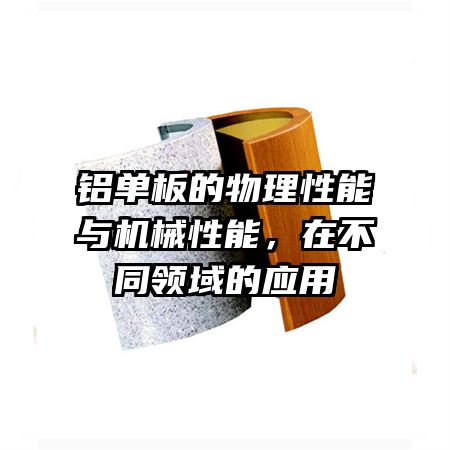
The physical and mechanical properties of aluminum veneer and its applications in different fields
Abstract: This article will elaborate on the physical and mechanical properties of aluminum veneer, and explore its applications in different fields. By analyzing four aspects of aluminum veneer, including strength, weight, corrosion resistance, and thermal conductivity, its wide applications in fields such as construction, transportation, electronics, and aerospace have been revealed.
1、 Strength
1. Aluminum veneer has excellent strength characteristics and can withstand large loads and pressures. Its high strength makes it a commonly used exterior wall decoration material in the field of architecture, capable of withstanding the impact of natural disasters such as wind and earthquakes.
2. Meanwhile, the lightweight nature of aluminum veneer also makes it an ideal choice for structures such as high-rise buildings and urban bridges. Compared to traditional steel, aluminum veneer provides sufficient strength while reducing its own weight and overall structural load.
3. In addition to the construction industry, aluminum veneer is also widely used in the manufacturing of transportation vehicles. Its outstanding strength and lightweight characteristics enable vehicles such as cars, trains, and ships to provide safety protection while reducing energy consumption and transportation costs.
2、 Weight
1. Aluminum veneer, as a lightweight material, is widely used in exterior wall decoration in the field of architecture. Compared to traditional materials such as bricks or concrete, aluminum veneer is lighter in weight, reducing the load on the building itself and lowering the construction cost of the building.
2. Aluminum veneer also plays an important role in the aerospace industry. Due to the weight of the aircraft directly affecting its fuel consumption and operating costs, the lightweight characteristics of aluminum veneer make the aircraft structure lighter, improve fuel efficiency, and extend flight distance.
3. In addition, the lightweight characteristics of aluminum veneer make it an ideal material for outdoor billboards, signs, and exhibition equipment. Its lightweight and easy to carry characteristics make these devices more convenient for activities and displays, improving mobility and reusability.
3、 Corrosion resistance
1. Aluminum veneer has excellent corrosion resistance. Due to its special surface treatment, it can effectively resist oxidation and chemical erosion in the atmosphere. This makes aluminum veneer have a long lifespan and stable appearance in outdoor environments.
2. In the field of electronics, the corrosion resistance of aluminum veneer is also one of the reasons for its wide application. As a substrate material for circuit boards, aluminum veneers can effectively protect electronic components from damage caused by moisture, chemicals, and other external factors.
3. In addition, the corrosion resistance of aluminum veneer also makes it an important material in fields such as marine engineering and petrochemicals. It can resist the erosion of salt spray, corrosive liquids, and high-temperature gases, ensuring the safe operation of equipment and structures.
4、 Thermal conductivity
1. Aluminum veneer has good thermal conductivity. In the field of construction, aluminum veneer is widely used in equipment such as solar water heaters and solar panels. Its high thermal conductivity enables these devices to absorb and transfer energy faster and more effectively.
2. In the field of electronics, aluminum veneer is also an important component of heat sinks. Its excellent thermal conductivity can quickly dissipate the heat generated by electronic components and maintain the stable operation of the equipment.
3. In addition, the thermal conductivity of aluminum veneer also makes it an ideal cooking tool material. By quickly conducting heat, food can be heated more evenly, improving cooking efficiency and taste.
5、 Summary:
In summary, aluminum veneer has shown rich application prospects in different fields due to its excellent physical and mechanical properties. Its strength, weight, corrosion resistance, and thermal conductivity make it an indispensable material in industries such as construction, transportation, electronics, and aerospace. Despite differences in application in different fields, the advantages of aluminum veneer will continue to drive its greater role in future development.

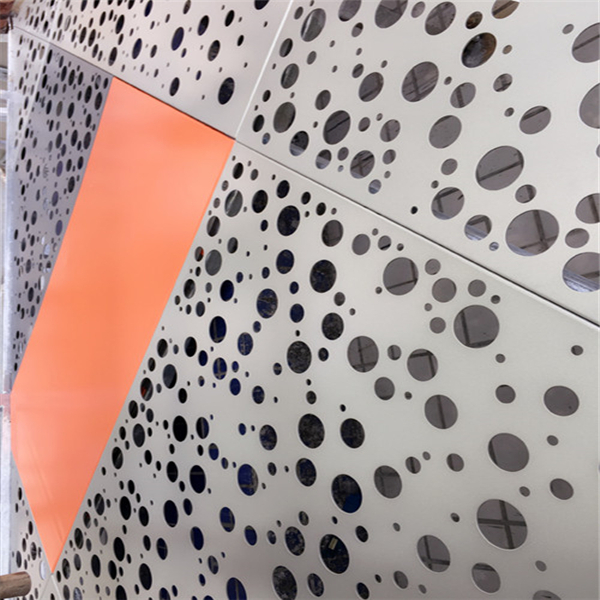

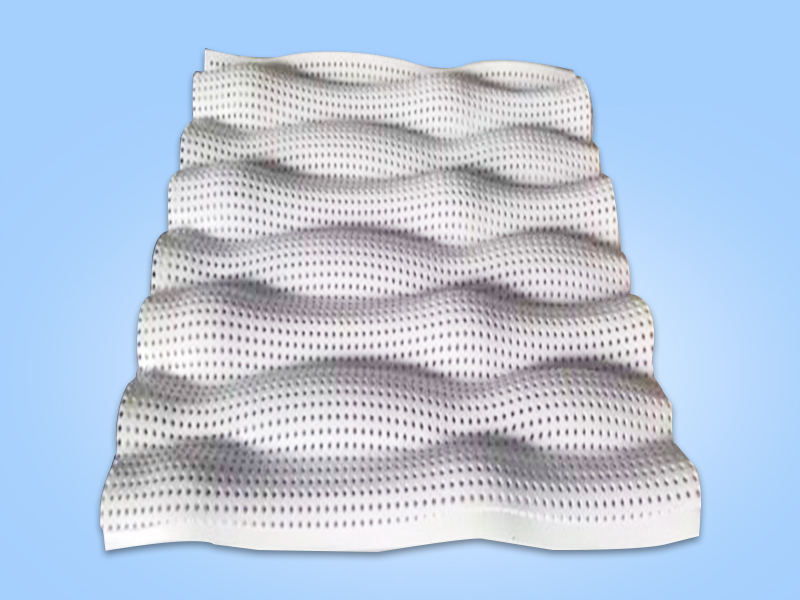
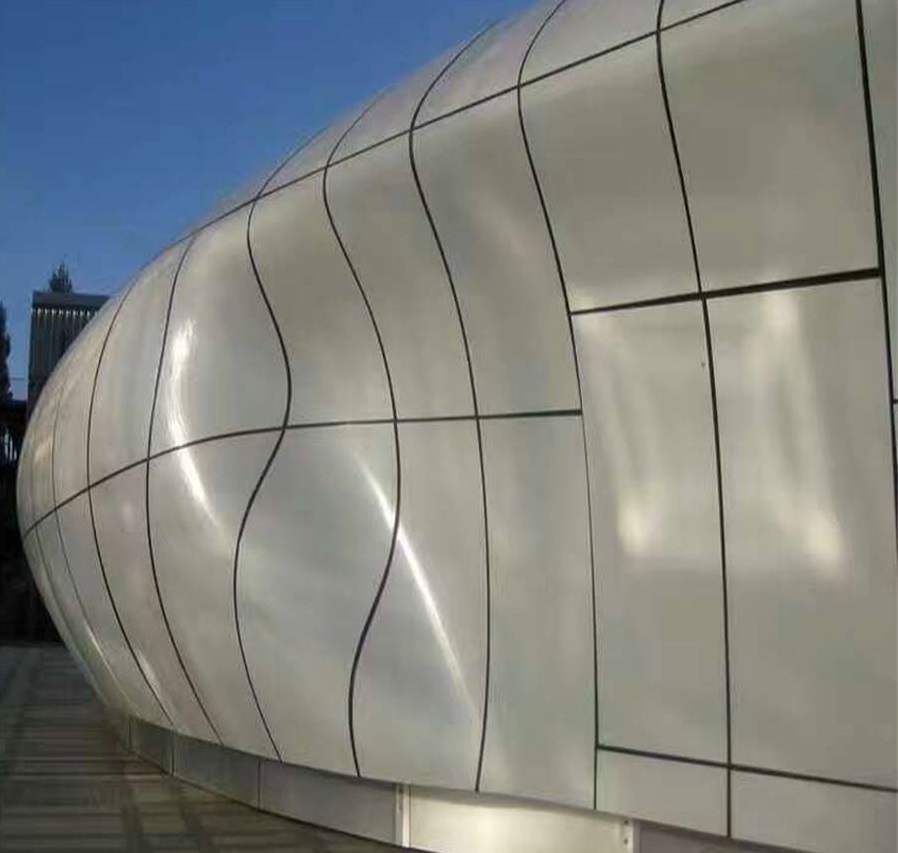
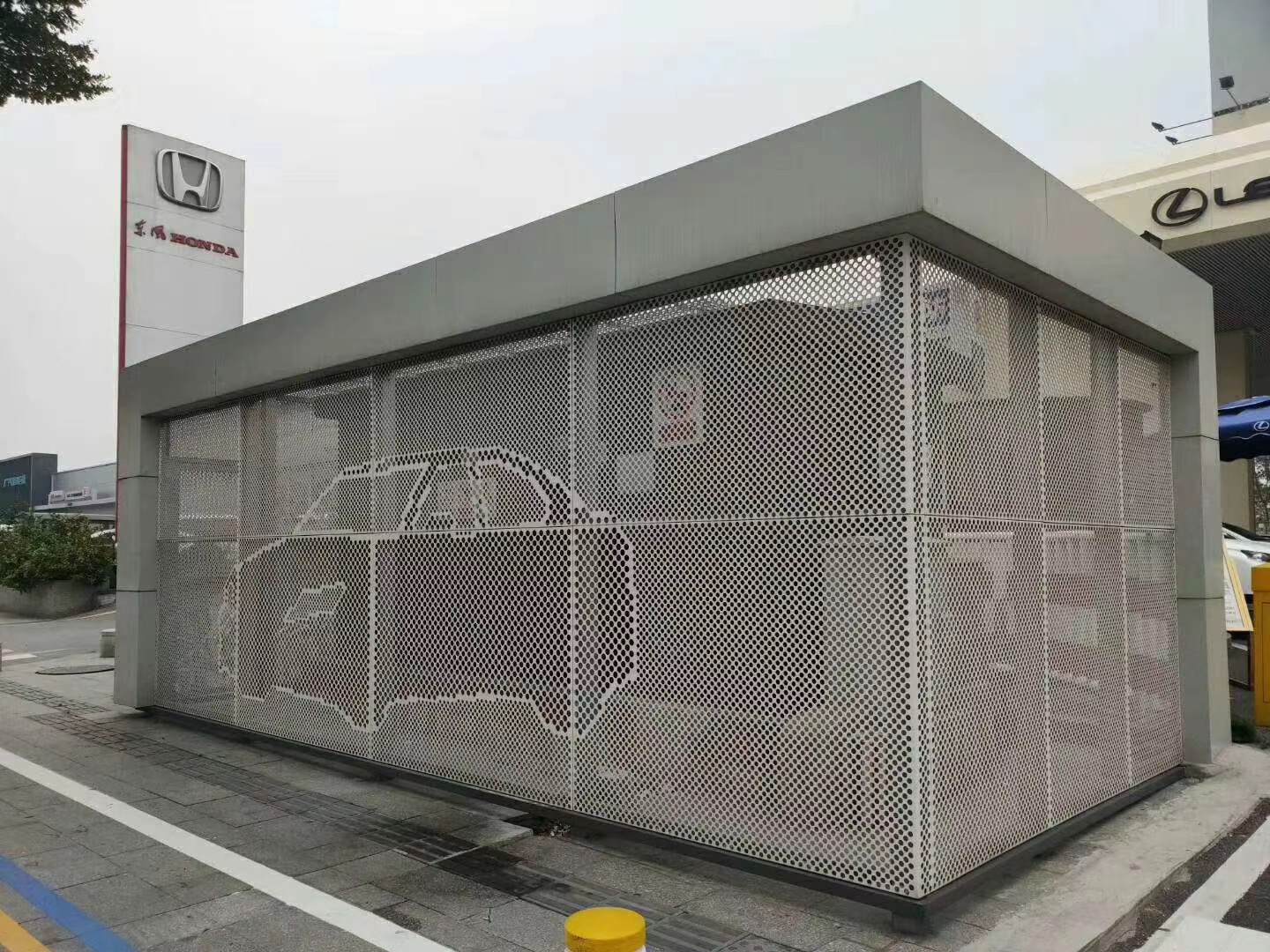
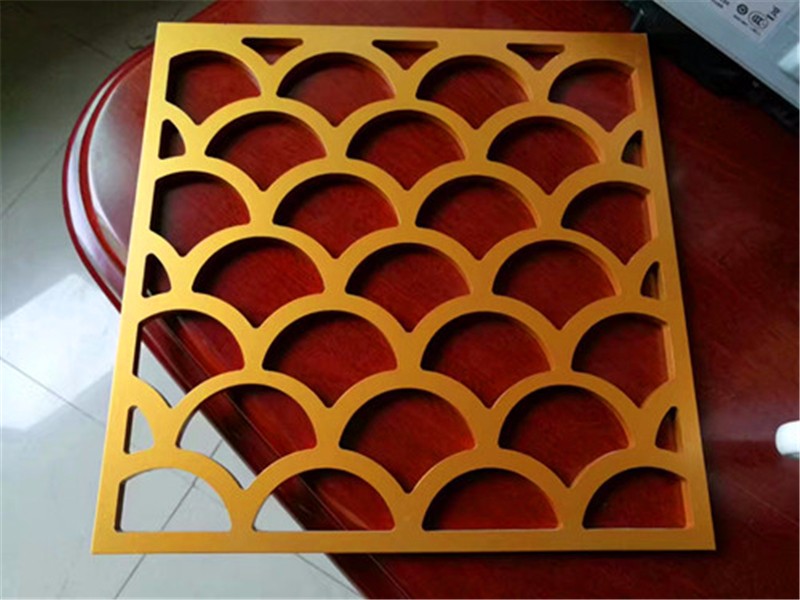
 Customer service QQ
Customer service QQ